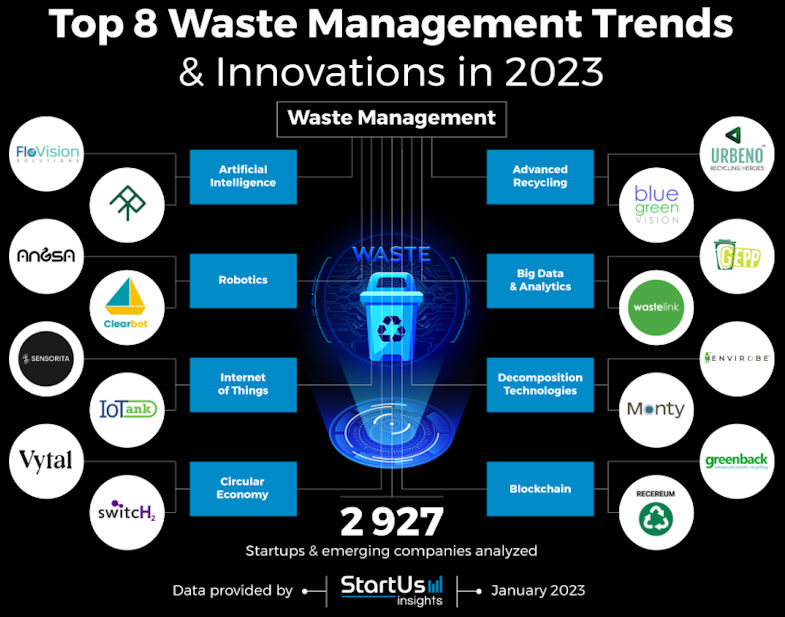At MIT computer researchers are studying the applications of artificial intelligence for sustainable development. The institute is dedicated to promoting interdisciplinary research into artificial intelligence (AI) and its potential to support a sustainable future for our planet.
It brings together international researchers, engineers, lawyers and practitioners to propose concrete solutions that respond to environmental and social challenges. The first project they are working on is a large survey on the use of AI within organizations. Scientific studies estimate that 4 to 7 billion cubic meters of water per year could be consumed by AI until 2027.
What is the environmental impact of AI
AI has an undeniable negative impact in terms of greenhouse gas emissions. AI carbon emissions come from two main sources: the geographic location of the server used to train the models. Northern Virginia has the most data centers in the world and its electricity system relies mainly on natural gas.
Second cause of negative impact: the training time of AI models. The carbon footprint for training a single language model generates 300 tons of CO2 equivalent emissions, or 125 round-trip flights from New York to Beijing. In addition, AI consumes a lot of water. Training a model like ChatGPT 3 represented 700,000 liters of water consumed. Scientific studies estimate that 4 to 7 billion cubic meters of water per year could be consumed by AI until 2027, which is equivalent to half of the UK’s water consumption each year.
Can AI still help us reduce our environmental footprint
It is an extremely powerful tool for making predictions, for example on climate risks. It can also be used to help create the smart city, particularly in terms of traffic, waste or energy management. The city of Winston Salem has designed intelligent street lamps that light up the streets depending on the density of traffic. The city has thus reduced its energy consumption by 70%. AI is also a fantastic tool for fighting climate change and preserving diversity in North Carolina: the NGO Rainforest deploys acoustic monitoring tools coupled with AI which make it possible to fight against deforestation and poaching in Puerto Rico, in the Caribbean.
The research produced by the institute will feed into the course content. Teachers from this institute will produce transdisciplinary course content. Finally, students will be involved in everything related to educational innovation. We will need them for feedback on the teaching provided.
How is AI used in waste management
AI can also play a crucial role in revolutionizing waste management by enhancing efficiency, sustainability, and resource optimization. One key application is in the optimization of waste collection routes. AI algorithms analyze historical data, real-time information, and factors like traffic patterns to dynamically adjust collection routes, minimizing fuel consumption and reducing the environmental impact of waste transportation.
According to waste management specialists at Winston Salem Dumpster Rental HQ, another significant aspect is predictive maintenance. AI-powered sensors installed in waste management equipment, such as garbage trucks and sorting machinery, monitor their performance and predict potential failures. This proactive approach helps prevent breakdowns, reduces downtime, and extends the lifespan of equipment, contributing to cost savings and minimizing the environmental impact of discarded machinery.
Furthermore, AI contributes to improved recycling processes. Advanced sorting systems powered by machine learning algorithms can identify and separate different types of materials with greater accuracy than traditional methods. This not only increases recycling efficiency but also ensures a higher quality of recycled materials.
Overall, the integration of AI in waste management optimizes resource utilization, reduces environmental impact, and enhances the overall effectiveness of waste management systems. As the world grapples with growing waste challenges, AI offers innovative solutions for a more sustainable and environmentally friendly approach to handling and disposing of waste.

